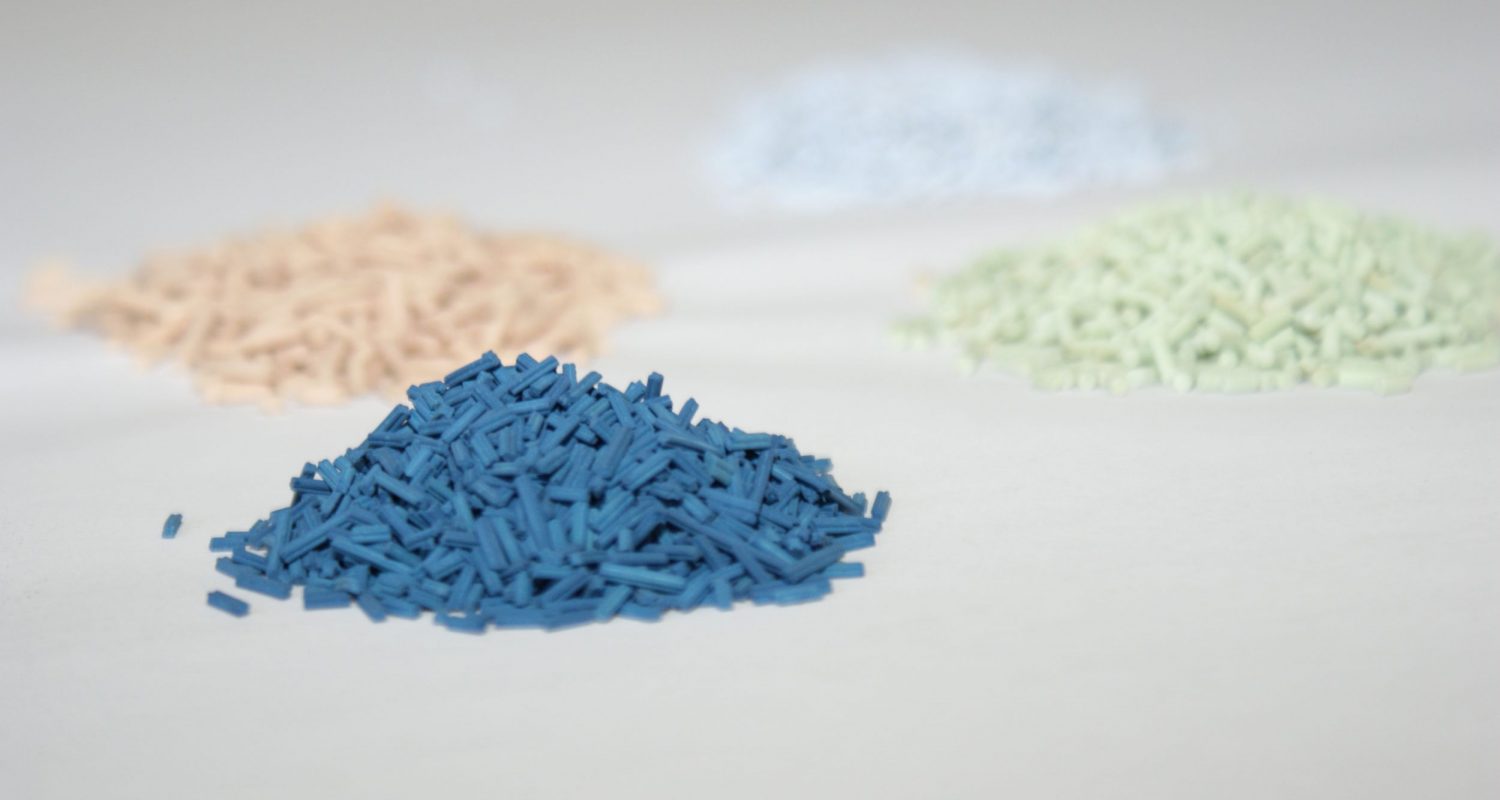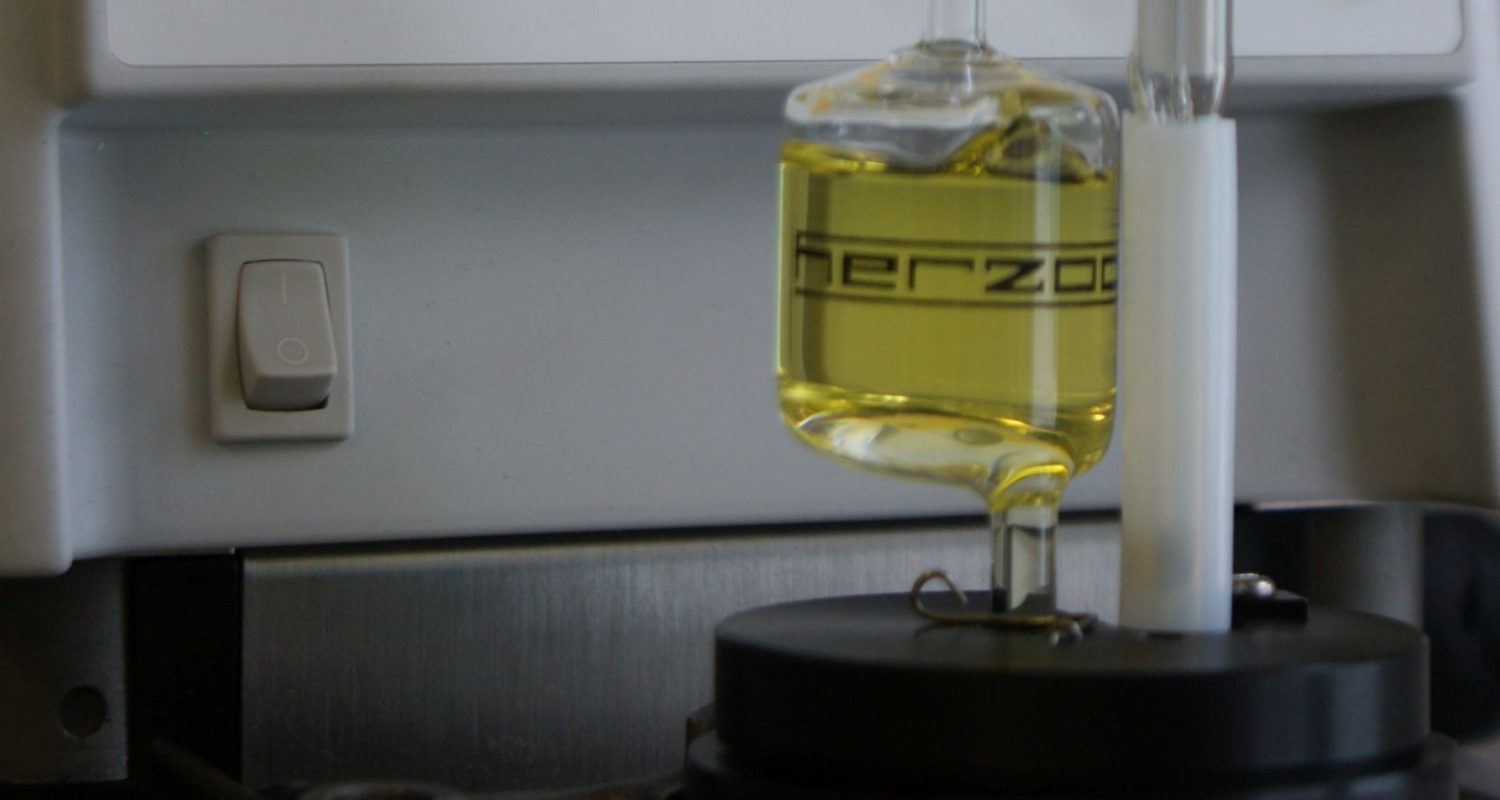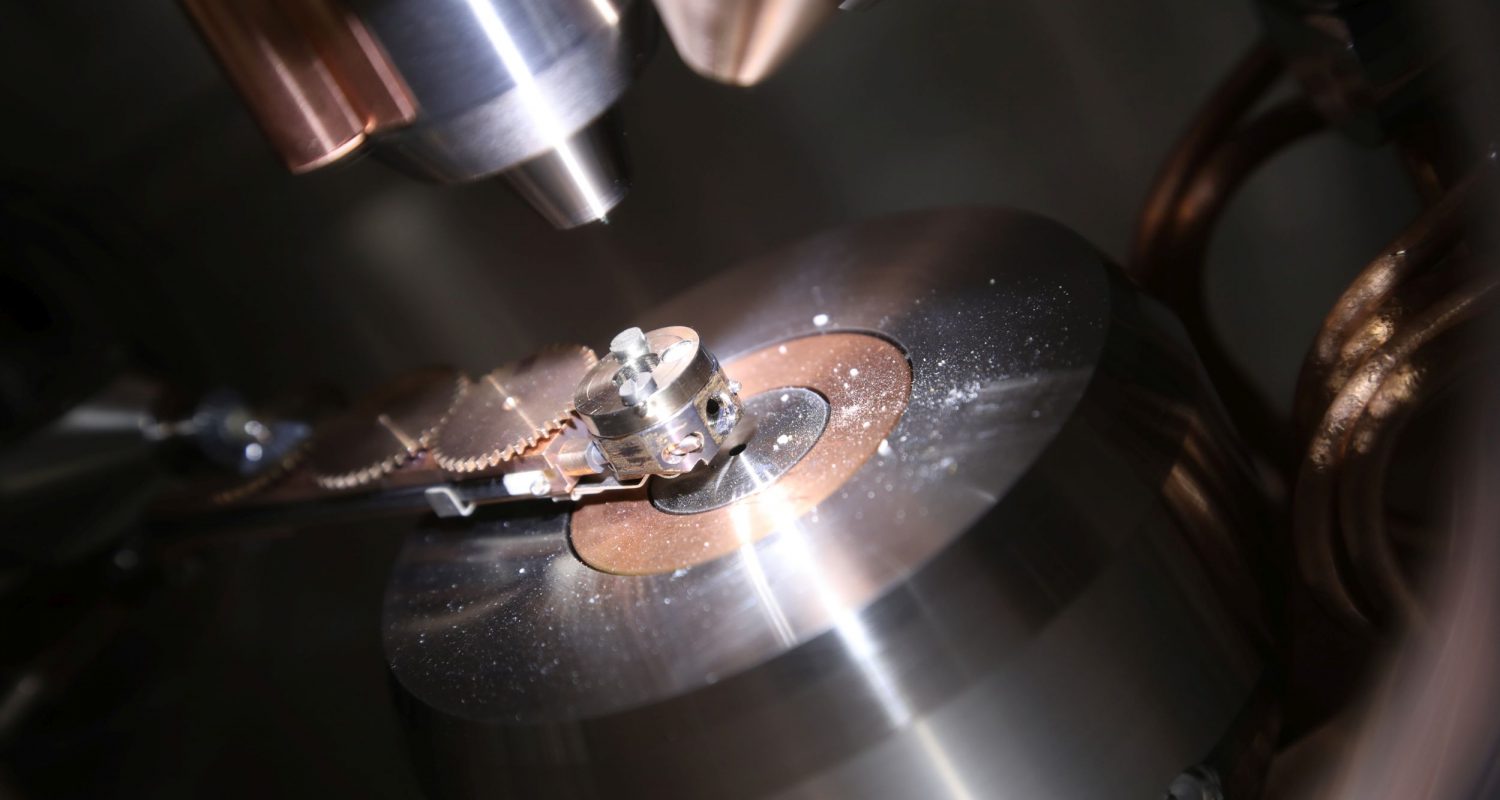After getting in touch with the mechanical and thermal side of process engineering in the last two days, it became it bit reactionary: we were introduced to the field of chemical process engineering.
After two days on the campus of TU Freiberg we explored a more exotic part of the city: the area of the old ore mine Reiche Zeche. On the mining hill, that also contains the oldest and worldwide unique educational mining plant, the institute of energy process engineering and chemical engineering – short IEC – is situated.
The IEC is home of the two chairs of energy process engineering and chemical engineering, whereof the latter one was our goal for this wednesday. After a warm welcome by Dr. Thomas Kuchling and an entertaining talk about the long history of the institute we immersed into the field of future mobility: “new fuels – what makes the world go round tomorrow?”.
Beneath requirements on modern fuels and renewable resources as alternative supply, we felt out on the bandwith of alternative mobility concepts. Afterwards we did some practical training and produced our own biodiesel fuel from rapeseed oil.
In the afternoon we continued with hydrogenating of plant seed oils. We got in touch with the results of current research topics and inspected a technical scale plant. Finally, we were shown different characterization methods of fuels. Everyone knows the octane number, but we didn’t know (up to now) that it is determined in a test motor with different mixtures of isoocrane (a hydrocarbon with 8 C-atoms and an octane number of 100) and isodecane (10 C-Atoms and octane number of 0). Furthermore, we had a look on various important properties (and determination methods) of diesel fuel, e.g. the CFPP (cold filtration plugging point), very important for the engine to work in order at low temperatures in winter.
Also very interesting were the many research topics on reduction of nitrogen oxide emissions of diesel engines. The institute of process engineering searches for potential catalysts and new impulses for AdBlue-technology for a clean environment.
Passing the day in review in the evening, the ones of us who like chemistry more than anything else in the curriculum knew one thing exactly: chemical process engineering is a must!



